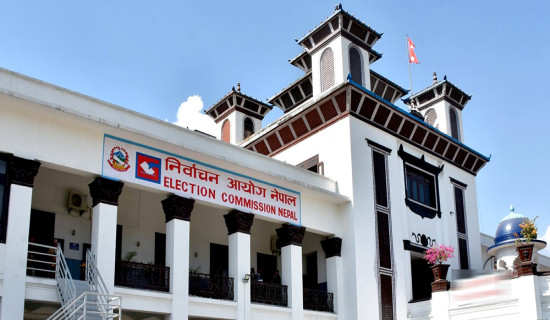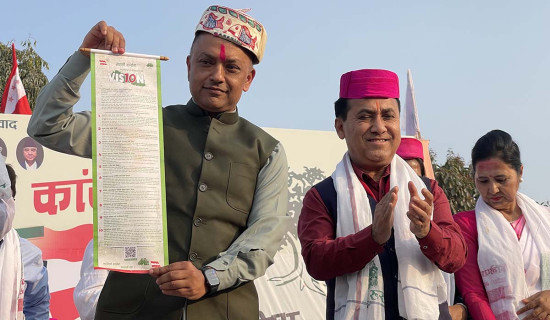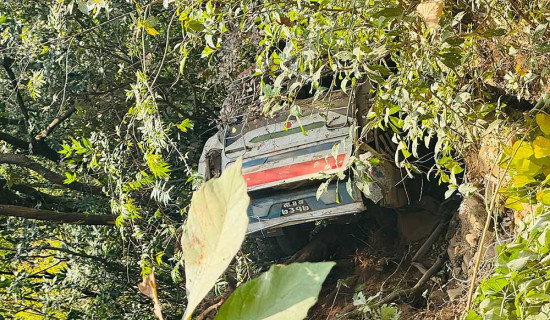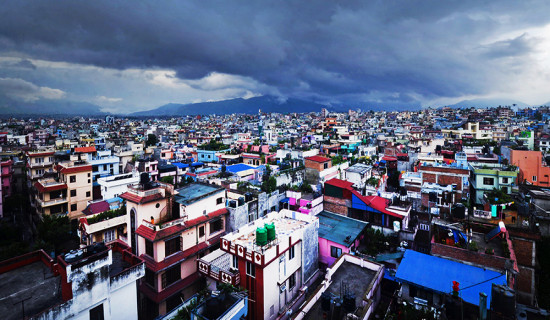- Thursday, 19 February 2026
Seventh agriculture census beginning tomorrow
By Rajaram Karki, Kathmandu, April 18 (RSS): The seventh agriculture census is taking place from tomorrow (Tuesday). For the census that takes place every 10 years, 5,200 enumerators and 1,300 supervisors have been deployed.
They will visit the houses of a total of 350,000 farmers at 753 local levels of all 77 districts and collect details
about agricultural activities, said Deputy Director General at Central Bureau
of Statistics, Hemraj Regmi.
The agriculture census that began
six months after the national census will conclude in 45 days while 19 days are
allocated for data collection. The country had held the first agriculture
census in 2018 BS.
The enumerators will collect
details about livestock farming, crops and fishery done by the farmers. The
condition of arable and barren lands and fertilizers is also listed for the
data collection. The farmers will be asked 24 questions related to agricultural
activities.
According to the Ministry of
Agriculture and Livestock Development, around 66 per cent population is engaged
in agriculture, and agriculture and livestock farming has contributed 27
per cent to the gross domestic product.
However, in eight months of the
current fiscal year, around one-third of the total imports are related to
agricultural products, according to the Department of Customs.
The census is expected to help with
the formulation of plan and policy, monitoring and evaluation said the
Department Director Rajan Silwal.
Despite the government prioritising
agriculture, expected results are a far cry at present. Country's youths
leaving for foreign jobs, failure to timely complete national pride irrigation
projects, conversion of arable lands into plots and lack of availability of
seeds and fertilizers in time among others are blamed for this. Failure to
utilise barren lands and distribution of lands to landless squatters are also
the concern. The number of landless squatters and small farmers has been around
4 million, according to available data.
According to the sixth census,
116,000 people were deprived of engaging in agriculture due to the lack of their
land.











-original-thumb.jpg)





